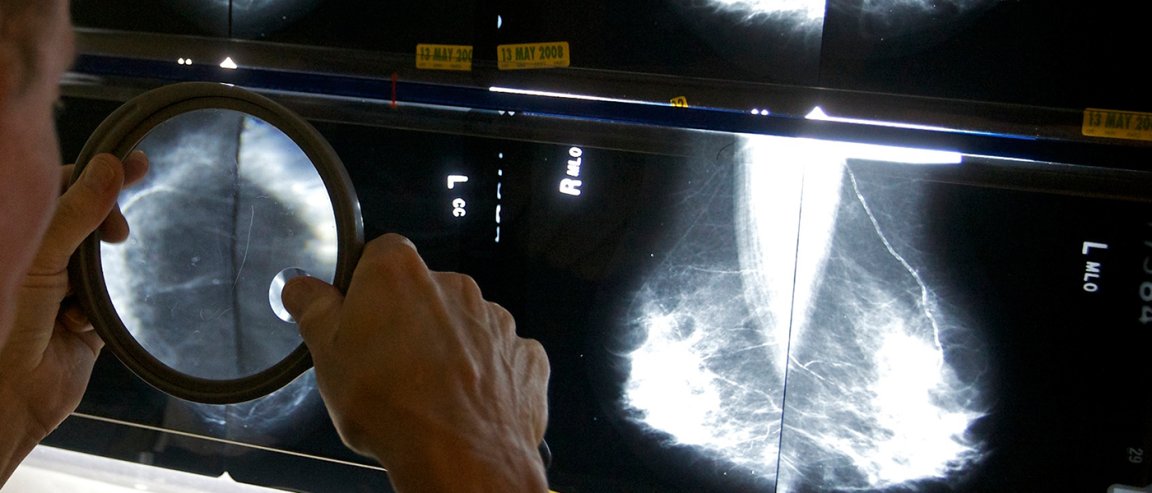
UNNECESSARY BIOPSIES
A team from the Houston Methodist Research Institute says they have developed artificial intelligence software capable of analyzing mammograms for breast cancer with 99 percent accuracy. The technique involves scanning patient charts and cross-checking them with results from mammogram X-rays and clinical reports.
“The imaging characteristics of breast cancer subtypes have been described previously, but without standardization of parameters for data mining,” according to the study published in Cancer.
But their algorithm allows for a more comprehensive and accurate analysis that helps avoid false positives — a very common incident.
“We figured out you can mine a clinical report for additional information,” said lead researcher Stephen Wong. “Most of the clinical reports are not in a structured format, they are in free form text. So if we can run an AI program to extract the medical information and build a risk assessment model we can score the information and reduce unnecessary biopsies.”
Their AI algorithm has been certified by the Breast Imaging Reporting and Data System as category 5 (BI-RADS 5), a mammogram that “is almost certainly predictive of breast cancer with a positive predictive value of about 95%,” according to Canadian radiologist Steven Halls.
Wong hopes their algorithm will set a standard for accurate assessments of breast cancer risk.
FALSE POSITIVES
Women who undergo false positives often suffer from the stress and fear a biopsy causes years after the test, according to a 2013 study from the University of Copenhagen.

“False-positive findings on screening mammography causes long-term psychosocial harm,” John Brodersen and Volkert Dirk Siersma of the University of Copenhagen said in a report. “Three years after a false-positive finding, women experience psycho-social consequences that range between those experienced by women with a normal mammogram and those with a diagnosis of breast cancer.”